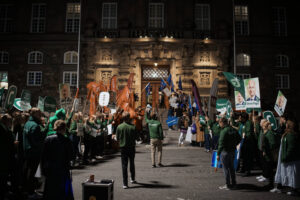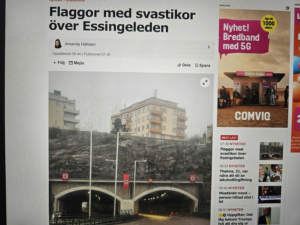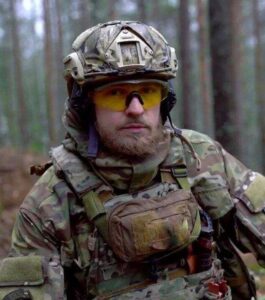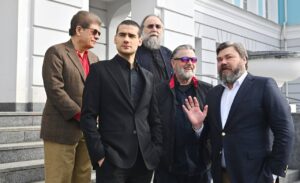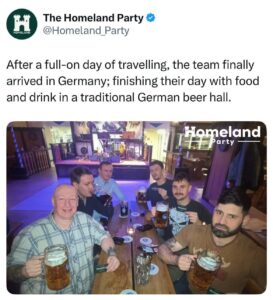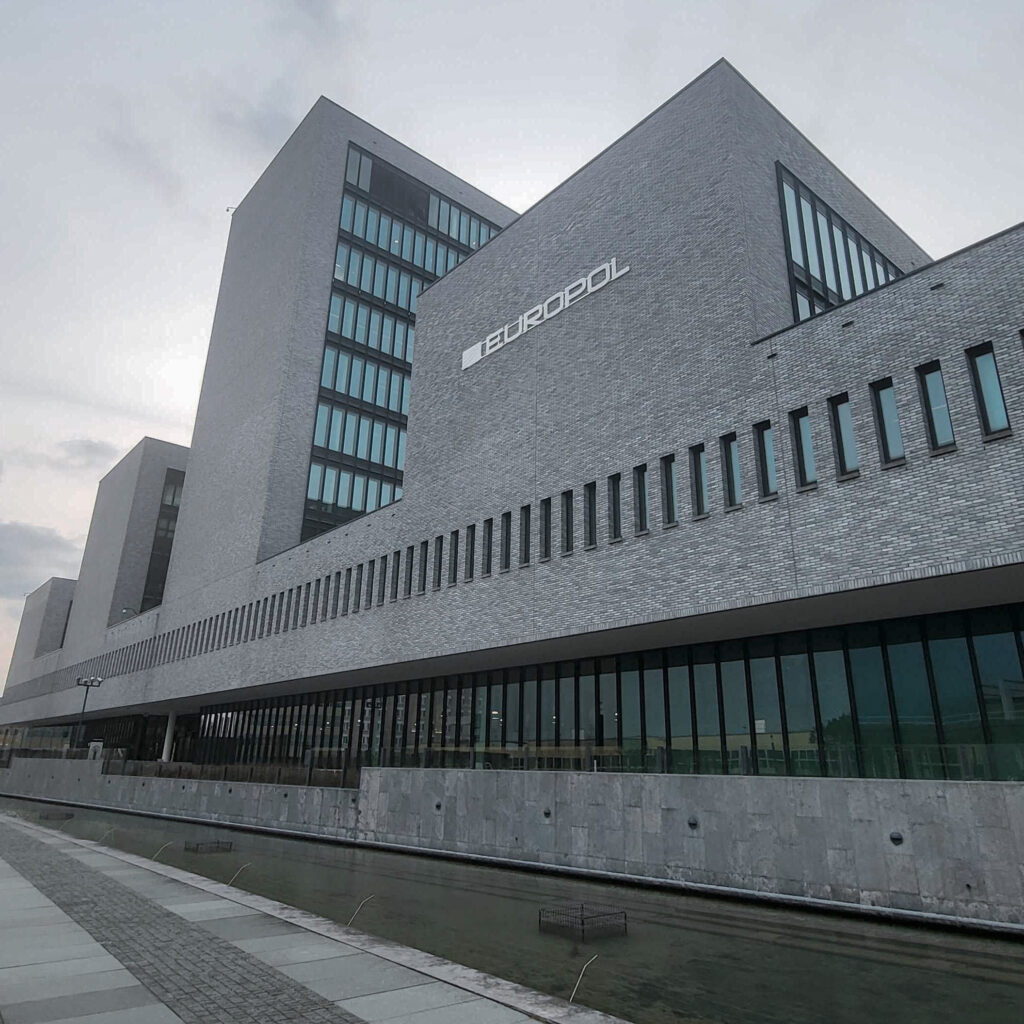
Europol has published a report on terrorism. It mentions the far-right and the war in Ukraine
There has been a significant split among the European far-right on the issue of the war in Ukraine. This is based on Europol’s European Union Terrorism Situation and Trend report 2023 (TE-SAT). A majority of the European far-right supported Ukraine, after which calls began to spread among them to join the ultra-nationalistic Ukrainian battalion Azov. Traveling to the conflict zone and/or participating in hostilities could further radicalise them and possibly serve as a training ground for future attacks in the EU, Europol noted in its report.
“Right-wing extremists supporting either side grounded their online propaganda on the same three topics: white supremacy, (ethnic) nationalism and anti-Semitism. Pro- Ukrainian right-wing extremists argued that Russia is a multi-ethnic state and influenced by Jewish interests. Pro-Russian right-wing extremists argued that Ukraine is ruled by Jewish interests and historically belongs to Russia. As a result, the right-wing extremist online landscape has inevitably fragmented on these topics. This division of the narratives has broadened the discourse thus possibly appealing to wider audiences,” the report states.
At present, however, lone actors or small leaderless cells, radicalised in transnational online communities and not belonging to any established right-wing extremist group, have the biggest potential for carrying out right-wing terrorist attacks in the EU. This concerns predominantly young males, many of which suffer from some form of mental health condition. On these online platforms, individuals are able to communicate with like-minded persons and create a sense of belonging and comradery. In 2022, the most popular ideologies disseminated in a such far-right online communities were right-wing accelerationism and the associated cult of SIEGE. “Siege” is an anthology of essays first published as a separate volume in 1992 and written in the 1980s by James Mason, a neo-Nazi and associate of cult leader Charles Manson. Disillusioned with the mass approach of the neo-Nazi movements, he began to advocate a white revolution through terrorism.

